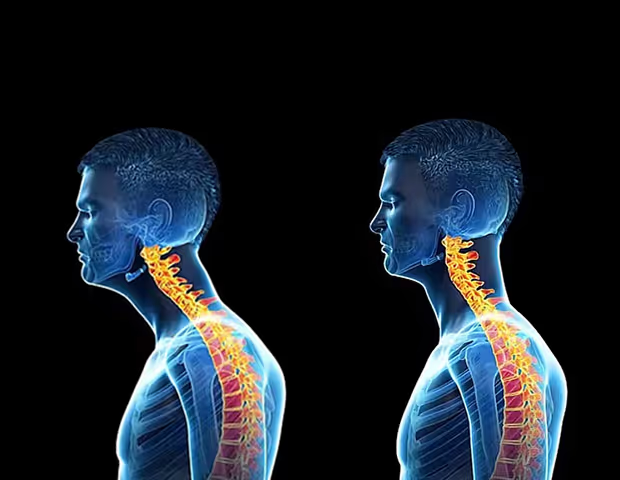Shoulder pain

Causes & treatment
Rotator cuff tear
The rotator cuff is a group of four tendons that hold your upper arm (humerus) into your shoulder blade.
A rotator cuff tear can be caused by a singular injury (such as a fall) or by repeated stress over time, which can be common in sports that require a lot of arm and shoulder use.
Ageing can also contribute to rotator cuff tears. Reduced blood supply can slow down the body’s natural ability to repair damage. And bone spurs can form at the joint, damaging the rotator cuff tendons.
A sudden tear will usually cause intense pain in your shoulder and immediate weakness in your upper arm.
Tears due to repetitive use may cause shoulder pain and arm weakness over time. Activities that require reaching up or behind, such as combing your hair, may become painful.
Pinched nerve (cervical radiculopathy)
A pinched nerve in your neck can cause pain that radiates toward your shoulder. This is also known as cervical radiculopathy.
Cervical radiculopathy most often comes from changes in your spine due to ageing or injury.
Bone spurs can cause a pinching of the nerves that run through the hollow space in the vertebrae. If this happens in your neck, it can cause a pinched nerve.
Symptoms include:
- tingling or numbness in your fingers or hand
- weakness in the muscles of your arm, shoulder, or hand
Posture and sleeping position
Holding your neck in an awkward position for a prolonged time can lead to strains in the muscles and tendons of your neck and shoulders.
Some of the postures and activities that commonly contribute to neck and shoulder pain are:
- sleeping on too high a pillow or a stack of pillows
- grinding or clenching your teeth at night
- sitting at a computer or over a phone with your neck strained forward or tilted up
- suddenly jerking your neck during exercise
Pain that prevents you from falling asleep or wakes you up
The shoulders are made up of joints, muscles and tendons that work together so you can lift your arms. When something goes wrong with the joint, muscles or tendons, it can lead to shoulder pain.
Up to 70% of people will have shoulder pain at some point, and it becomes more common as you get older. Shoulder problems can keep you from doing the things you enjoy, and they can even make it difficult to do routine tasks like washing your hair or getting dressed. Shoulder pain can also make it hard to sleep.
Physical therapy: Specific exercises can help you improve strength, flexibility and control of your shoulder muscles. In many cases, physical therapy and other orthopaedic rehabilitation options alone can be enough to resolve shoulder pain.
- Good posture exercises: Having good shoulder posture can help treat and prevent shoulder pain. Many people with shoulder pain often lift or hunch their shoulder forward. Work on improving your posture if you find yourself slumping or hunching. Throughout the day, focus on bringing your shoulder or shoulder blade down and holding there. Another exercise is to stand against the wall with the back of your head, shoulders, legs, and heels touching the wall. Notice if your painful shoulder blade doesn’t touch the wall completely. Keep trying that position throughout the day.
When we sleep on the wooden pillow by Unusually Usual our heads lie on the hard base, why our deep muscles - stabilisers - extensors, work continuously, giving the opposite effect to the flexor muscles, for those who active in our daily lives.
More health related problems wooden pillow solves

Phone neck syndrome
If you are here and reading this article, you are likely someone who has been suffering with “text neck” or “phone neck syndrome". The term "Phone Neck Syndrome" describes our health condition that develops from frequent usage of screens especially phones while we are texting and scrolling.
.avif)
Poor posture
Poor posture goes beyond aesthetics and can have surprising and often overlooked consequences that significantly affect our health. From headaches, neck and lower back pain to shoulder pain and digestive problems, the effects of poor posture permeate various systems within our bodies.

Headache
Headache pain results from signals interacting among your brain, blood vessels and surrounding nerves. During a headache, multiple mechanisms activate specific nerves that affect muscles and blood vessels. These nerves send pain signals to your brain, causing a headache.
Want to see howwe help people?
people?

Free resources, from the heart
& get a free webinar now!